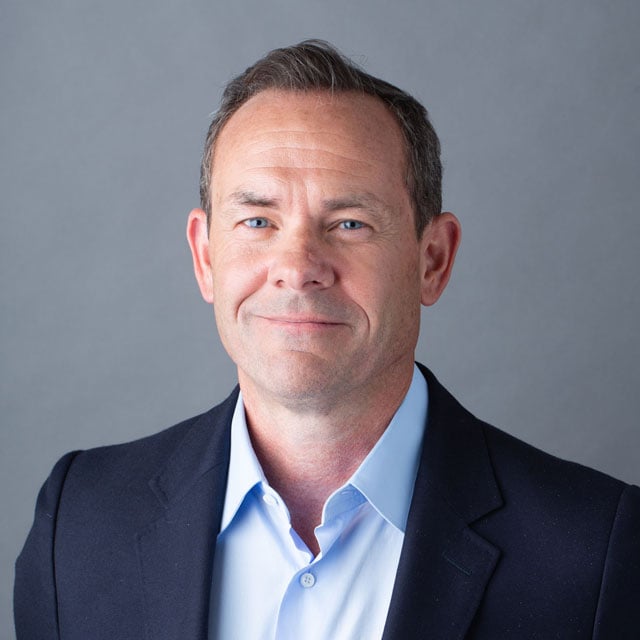Crager Opens Up on Challenges Facing Envestnet, Advisors

Bill Crager’s decision to step down as CEO of Envestnet on March 31 raised lots of eyebrows throughout the wealth management industry.
Crager, 60, says the industry is in a process of “reshaping itself,” and he predicts that part of this metamorphosis will be the emergence of “super-sized advisors with super-RIAs,” according to an April 1 interview with ThinkAdvisor.
“The financial advisor has never had a bigger opportunity. It’s a very good time to be a financial advisor who’s offering … holistic advice …,” he explains.
Plus, he gives insights into Envestnet’s strategy over the past few years, which has hurt the firm’s stock price. The turnkey asset management provider has about $5.8 trillion in platform assets and serves more than 108,000 advisors.
Crager, who co-founded the firm with Jud Bergman in 1999, was formerly head of Envestnet Wealth Solutions. He became interim CEO and then the firm’s ongoing CEO in March 2020, following the death of Bergman and his wife, Mary Miller-Bergman, in a car crash in October 2019.
Here are excerpts from our interview:
THINKADVISOR: Why did you move out of the role of CEO?
BILL CRAGER: I love the company. [But] I want to do more of what I love to do: think about the future of how our industry can support more and more people and in a more holistic way.
I want to spend a lot more time helping drive what I see very clearly as to where the industry is headed vs. trying to operate a company. I’m focused on the bigger picture. The power of being able to do that because of the transition is extraordinary.
You’re now a senior advisor. What exactly is that job?
I’m still working for the company. I want to play a role in where we all go from here. But I won’t be burdened by the operating demands of a regulated-fiduciary-investor world.
What are the biggest challenges for Envestnet, and how do you see the firm resolving them?
The company needs to execute on the strategy that’s been laid down [using] the capabilities it has. We have the right team in place. The infrastructure is, kind of, set. It’s very much an execution challenge vs. creating and building the next frontier.
Please comment on Envestnet’s poor stock performance last year.
Over the last few years, we invested aggressively to bring our data and technology environment into a connected orientation. We acquired businesses [to] move data to the cloud, integrate the technology pieces and to choose the next generation of leadership for the company.
As we did that, we intentionally brought down our EBITDA — cash flow. We communicated that to investors and executed exactly to the plan we sent them.
What happened to upset that?
Over the same period, we had an interest rate environment that became trickier — money became more expensive — and that wasn’t well received when it came to Envestnet, because we had less cash flow in a higher rate environment.
That’s it: There was a macro theme playing out while we were affecting our strategic plan, which we successfully implemented.
How is Envestnet’s health today?
The company is incredibly well positioned to go forward. That’s why I decided to step down when I did. We successfully did the work we had to do. Time for the next chapter.
There’s speculation that the firm will sell Yodlee, the data aggregation business it acquired, which last year caused a write-off of roughly $190 million. Any truth to those rumors?
I can’t comment on that in any way other than to say that when you think about the future of people’s financial lives, that’s financial planning. Whether you do all of that or outsource some of it, those are questions for the company going forward.
What do you see as the role of advisor in the next 5-10 years?
The financial advisor has never had a bigger opportunity. It’s a very good time to be a financial advisor who’s offering planning-based holistic advice because money is poorly served:
You get a bank statement, credit card bill, direct deposit of your paycheck. You have investments, your 401(k), a financial plan. They’re all separate business models that haven’t been connected to one another.
My thesis is that they can be connected to serve the client and their family in a much different way going forward. The person in the best position to do that is the trusted financial advisor.
How will artificial intelligence help advisors?
AI enables advisors to deliver more to clients. It’s a tool, not a threat.




